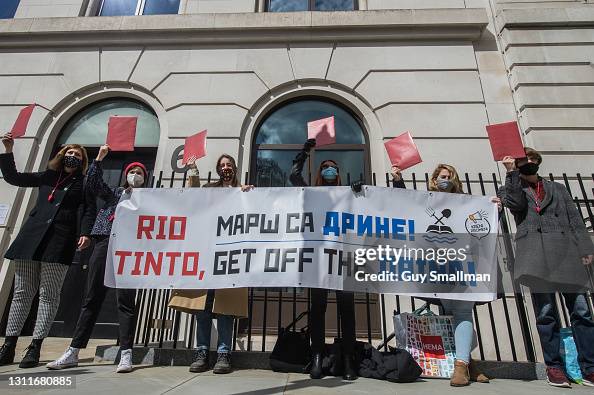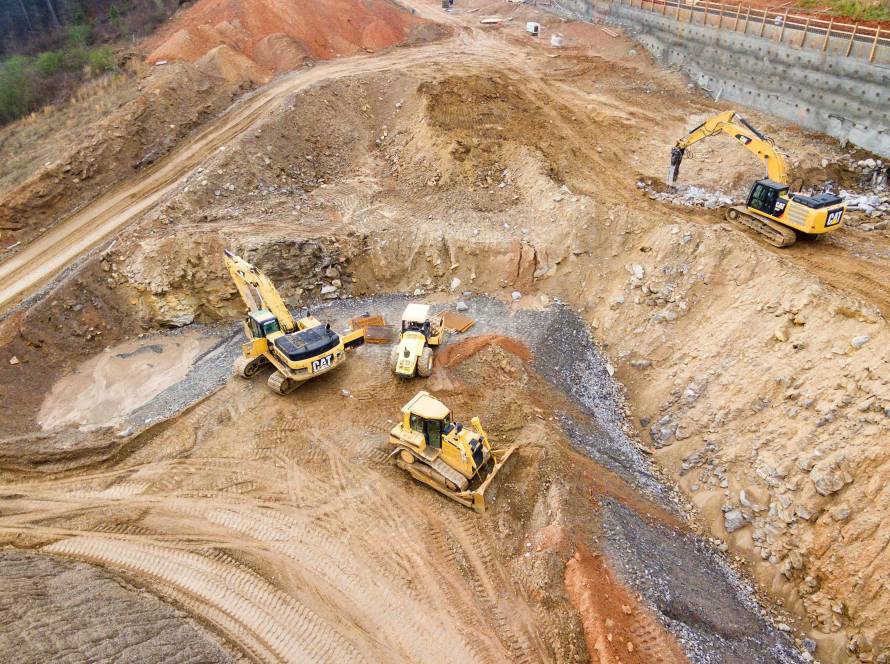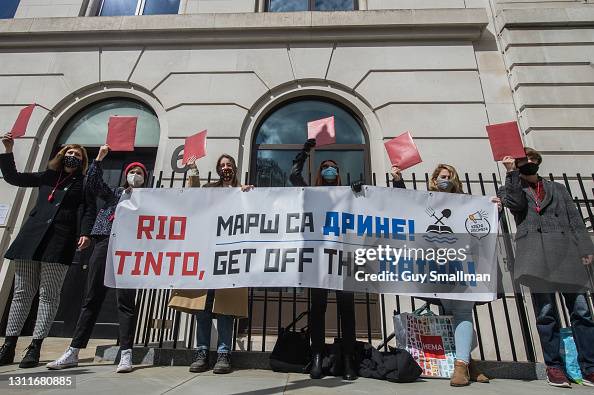Germany and other European Union (EU) countries advocate for sustainable and environmentally friendly practices within their borders. However, when it comes to lithium mining—a crucial component for electric vehicles, smartphones, and renewable energy storage—these nations prefer to shift the environmental burden elsewhere. Germany’s reluctance to mine lithium on its own soil, while supporting mining projects in countries like Serbia, highlights a significant double standard. This approach not only poses environmental threats to Serbia but also raises ethical questions about the EU’s commitment to sustainability and the fairness of its policies.
Germany’s Stance on Domestic Lithium Mining
Germany, a leader in green technology and sustainable energy, relies heavily on lithium imports for its technological needs. Despite having lithium deposits in areas like the Rhine Graben, Germany has avoided large-scale lithium mining due to environmental concerns. According to Franziska Brantner, State Secretary in the Federal Ministry for Economic Affairs and Climate Action, lithium mining in Germany is not planned until technologies can ensure water retention and land preservation. Brantner emphasized that current global mining practices, which involve evaporating water pumped from deep underground, will not be allowed in Germany due to their negative environmental impact.
Outsourcing Environmental Impact to Serbia
While Germany avoids mining lithium on its own soil, it supports lithium mining projects in countries like Serbia. Brantner has stated that Germany aims to become independent in lithium production but without opening mines domestically. Instead, Germany looks to import lithium from other European countries, including Serbia, where environmental regulations may be less stringent, and the potential ecological impact is more acceptable from a geopolitical standpoint.
Serbia has become a focal point for lithium mining in Europe, with proposed projects backed by international companies. This strategy allows Germany and other EU nations to secure the critical raw materials they need while avoiding the environmental degradation associated with mining. However, this approach raises concerns about environmental justice and the ethics of pushing environmentally harmful activities to other countries.

Environmental and Social Impact in Serbia
The environmental impact of lithium mining in Serbia could be severe. Mining operations can lead to deforestation, soil degradation, and water pollution. Local communities are concerned about the potential contamination of water sources, the destruction of agricultural land, and the loss of biodiversity. In Chile’s Atacama Desert, similar lithium mining practices have resulted in significant water depletion and damage to local ecosystems, effects that could easily be replicated in Serbia’s Jadar region.
The social impact is equally troubling. Many people in Serbia oppose lithium mining due to fears about environmental degradation and the impact on their health and livelihoods. Protests have been held across the country, with citizens demanding a halt to mining projects. Despite these protests, there is a perception that the Serbian government, influenced by the promise of economic gains and pressure from EU partners, is more inclined to favor the interests of foreign companies over the will of its people.
European Hypocrisy and Double Standards
Germany’s stance on lithium mining exposes a broader hypocrisy within the EU. While European countries advocate for sustainable practices and environmental protection within their borders, they often support or turn a blind eye to environmentally harmful activities in non-EU countries. The EU’s push for Serbia to open lithium mines while avoiding similar projects within its member states suggests a double standard. This disparity undermines the EU’s image as a global leader in sustainability and environmental protection.
Moreover, the EU’s selective approach to environmental standards creates divisions within Serbia. The push for lithium mining has polarized the Serbian population, with significant public opposition clashing against government and corporate interests. This division is exacerbated by perceptions of corruption within the Serbian legal system, media control by the government, and a lack of avenues for the public to express their concerns. As a result, many Serbians feel they have no voice in decisions that directly impact their lives and environment.
Implications for Serbia’s EU Accession
The push for lithium mining in Serbia is often framed as a strategic move to align with EU economic and environmental policies, supposedly improving Serbia’s chances of joining the EU. However, the pressure to accommodate environmentally damaging projects could hinder rather than help Serbia’s EU accession prospects. If Serbia’s government prioritizes foreign mining interests over environmental protection and public opinion, it may face increased resistance from its citizens and environmental groups, further complicating its relationship with the EU.
Expert Opinion: The Ethical and Environmental Costs of Germany’s Approach
Germany’s strategy of avoiding domestic lithium mining while promoting such activities in Serbia is not only environmentally irresponsible but also ethically questionable. By outsourcing the environmental and social costs of lithium extraction to other countries, Germany is effectively prioritizing its economic interests over the wellbeing of other nations. This approach undermines the principle of environmental justice, which demands that all nations take equal responsibility for the ecological impact of their economic activities.
Such double standards damage the credibility of Germany and the EU as leaders in sustainability. It sends a message that environmental protection is only a priority when it does not interfere with economic convenience. Furthermore, it sets a dangerous precedent, where richer nations exploit the natural resources of less wealthy countries under the guise of economic partnership, while refusing to bear the same burdens domestically. This not only perpetuates environmental degradation but also deepens global inequalities.
Conclusion
Germany’s reluctance to mine lithium domestically, contrasted with its support for lithium mining in Serbia, highlights a double standard that raises serious ethical and environmental concerns. The EU’s push for lithium extraction in non-member states while maintaining stricter environmental standards within its borders reveals a disparity that undermines the credibility of its sustainability goals. To truly lead in global environmental protection, Germany and the EU must address these inconsistencies, support sustainable mining practices everywhere, and respect the rights and voices of local communities affected by such projects.
Key Points:
- Germany avoids domestic lithium mining due to environmental concerns but supports mining in Serbia.
- Lithium mining in Serbia poses risks of water depletion, soil degradation, and loss of biodiversity.
- Local opposition in Serbia highlights concerns over environmental damage and lack of public consultation.
- The EU’s double standards on environmental protection undermine its credibility as a global sustainability leader.
- Pressure for lithium mining in Serbia could impact its EU accession prospects by creating public discontent and environmental degradation.
- A truly sustainable approach requires consistency in environmental standards, both within the EU and in non-member states.
These points illustrate the critical need for ethical consistency and environmental responsibility from Germany and the EU in addressing the global demand for lithium.



